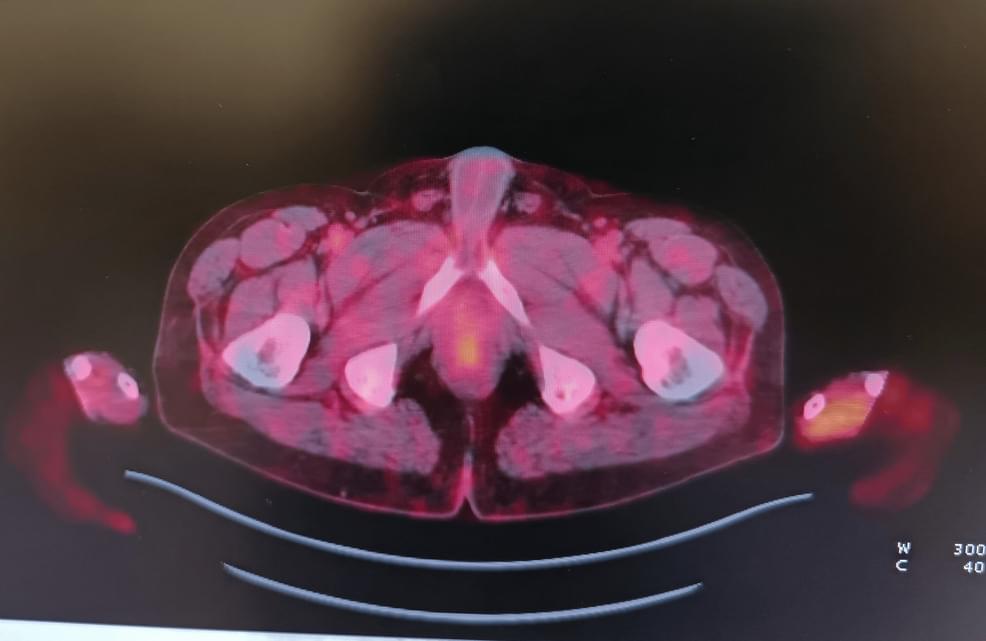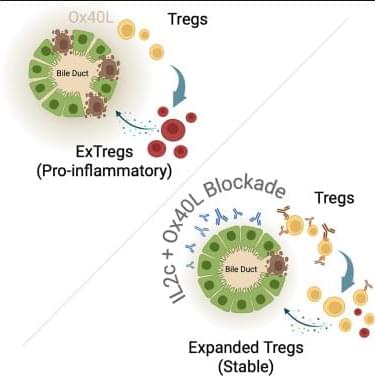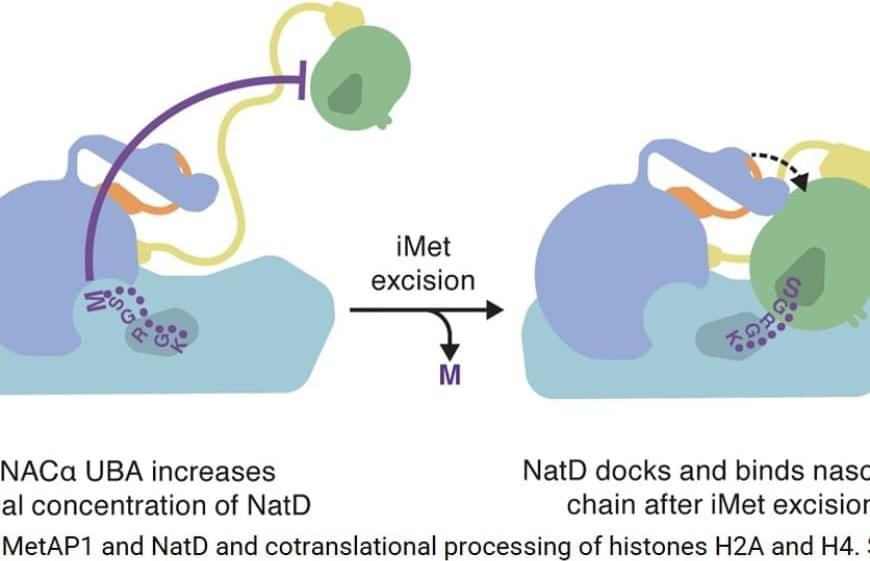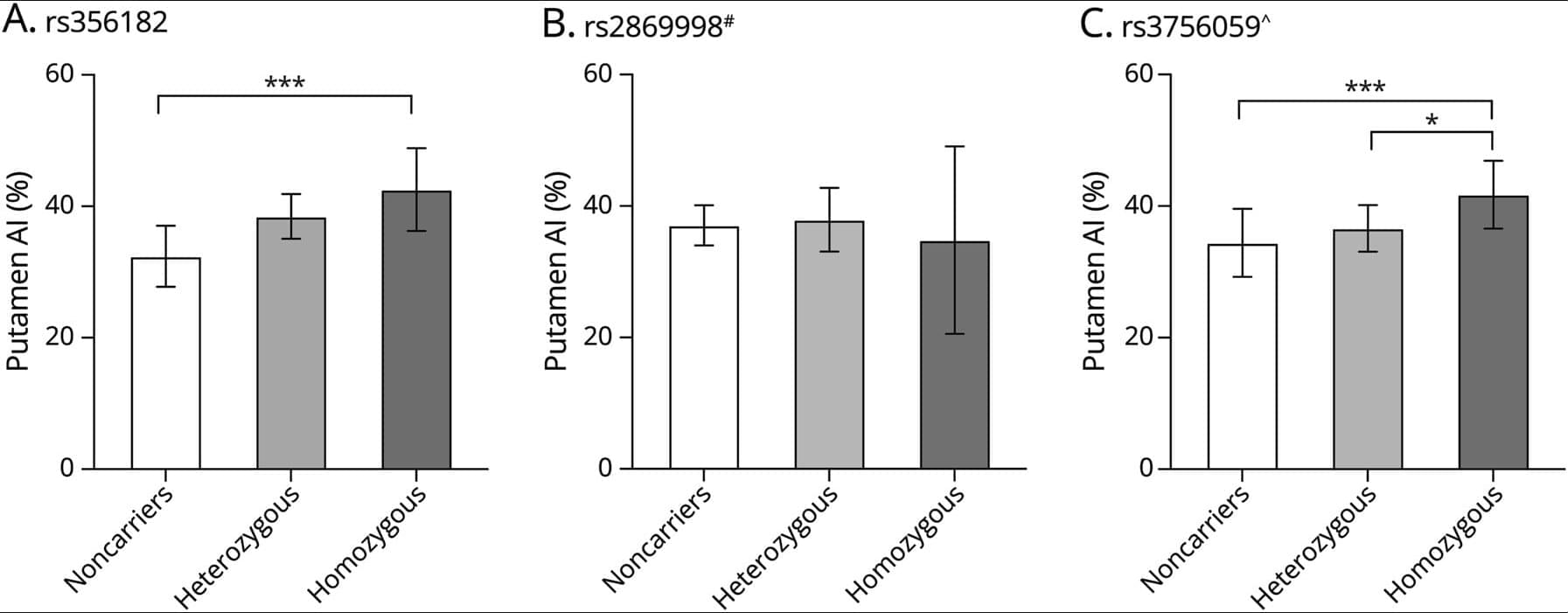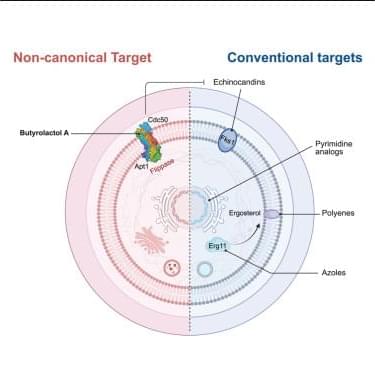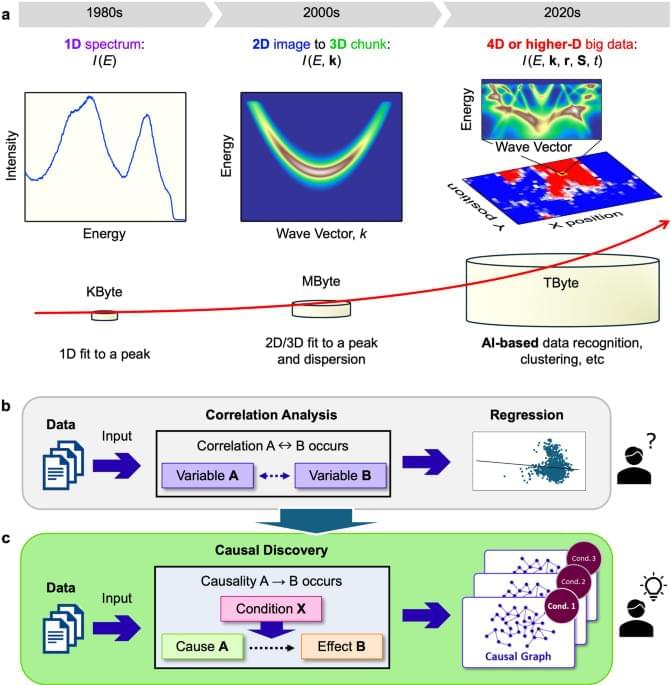Cancer stem cell plasticity and tumor hierarchy👇
✅Hierarchical tumor organization Tumors are organized in a hierarchical manner, with cancer stem cells (CSCs) positioned at the apex. CSCs possess long-term self-renewal capacity and generate diverse progeny, sustaining tumor growth and cellular heterogeneity.
✅Self-renewal and differentiation CSCs can undergo self-renewal to maintain the stem cell pool or differentiate into multiple cancer cell lineages. These differentiated cells form the bulk of the tumor and display varying functional and phenotypic states.
✅Cell plasticity and dedifferentiation Differentiated cancer cells are not irreversibly committed. Through cellular plasticity, they can dedifferentiate back into CSCs, often via processes such as epithelial–mesenchymal transition (EMT), restoring stem-like properties.
✅Interconversion of CSC states Distinct CSC subpopulations can transition between different stemness states. This dynamic interconversion enhances tumor adaptability and contributes to therapy resistance and disease progression.
✅Biological and clinical relevance The combination of hierarchy and plasticity allows tumors to regenerate after treatment and maintain intratumoral diversity. Targeting both CSCs and the mechanisms that enable plasticity is therefore critical for effective cancer therapy.
💡



